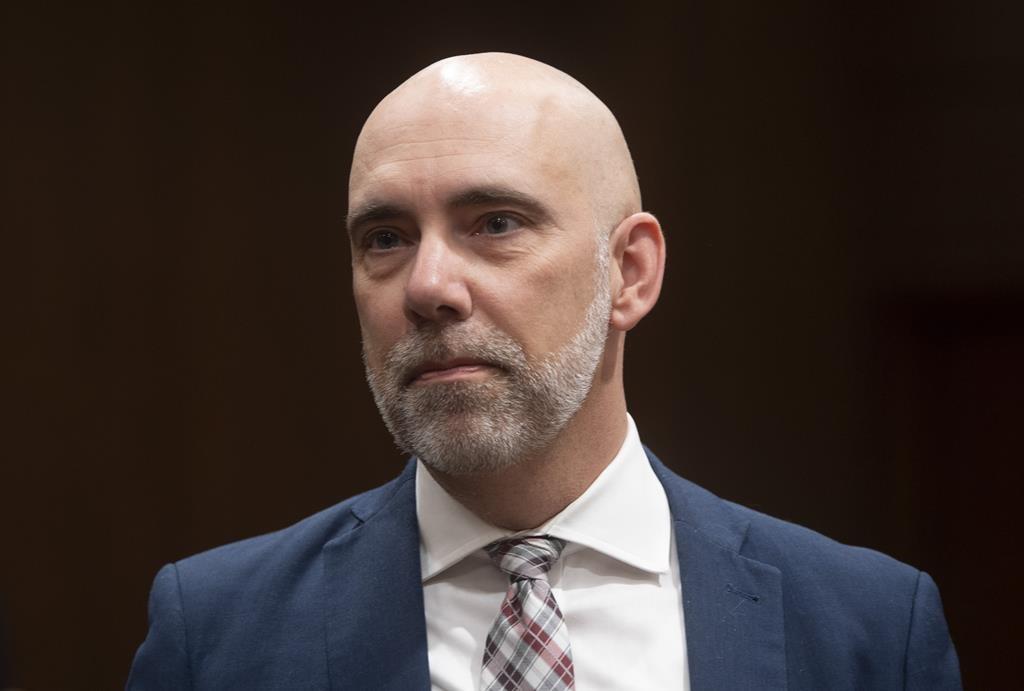The new tax on luxury purchases of planes, boats, and high-end vehicles announced in the 2021 federal budget will negatively impact the sale of these items and reduce sales tax collected by federal and provincial governments, the Parliamentary Budget Officer (PBO) says.
The Legislative Costing Note from the PBO estimates the measure would increase government coffers by $779 million over five years but would reduce the volume of sales by $2.9 billion over the same period.





